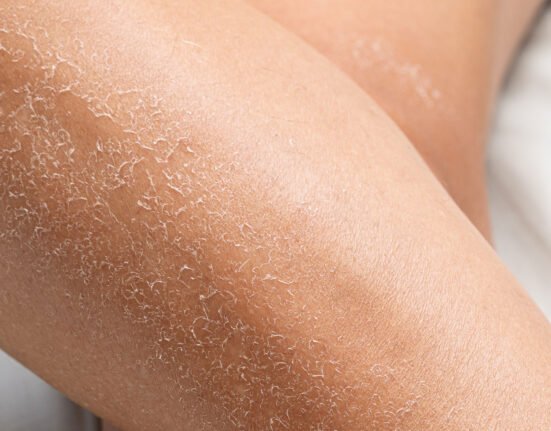Vaginal odor often makes women feel uncomfortable. In fact, every woman’s intimate area naturally has its own unique scent, which can vary from person to person.
The odor may also change depending on the menstrual cycle, daily activities, or overall health condition.
For example, vaginal discharge may smell stronger in the middle of the menstrual cycle. After sexual intercourse or exercise, the odor can also become more noticeable—yet this is still considered normal.
However, if an unusual, strong, or fishy smell develops, especially if it lasts for several days and is accompanied by other symptoms such as itching, burning, or grayish-white discharge, it may signal a health problem that requires attention.
Why Does Vaginal Odor Occur?

The intimate area has a natural scent often described as musky or meaty. This odor is largely influenced by the vaginal pH.
A healthy vaginal pH is usually slightly acidic, which is normal and beneficial. The acidic environment is maintained by good bacteria called Lactobacillus, which produce lactic acid to keep the vagina’s pH balanced and help prevent infections.
When this balance is disrupted, unpleasant odors may arise and the risk of infection increases.
Here are some common causes of unpleasant vaginal odor:
1. Bacterial vaginosis
This infection occurs due to an overgrowth of bacteria in the vaginal area. It is common among women of reproductive age and usually causes discharge with a fishy smell and a grayish-white color.
2. Trichomoniasis
A sexually transmitted infection caused by parasites. While common, it often presents without clear symptoms.
When noticeable, it may cause foul-smelling discharge, itching, and vaginal irritation.
3. Poor hygiene
Infrequent changing of underwear, sanitary pads, or skipping showers can trigger an unpleasant odor. Since the genital area is prone to sweating and moisture, poor hygiene makes odor more likely to develop.
4. Diet
Eating foods with strong odors, such as garlic, can also affect vaginal scent.
How to Prevent Unpleasant Vaginal Odor

The first step in addressing vaginal odor is maintaining good hygiene and a healthy lifestyle. Here are some helpful tips:
1. Practice proper intimate hygiene
Simply clean the intimate area with warm water. The vagina has a natural acidity that protects against harmful bacteria, so special cleansers are not necessary. Use mild, fragrance-free soap only on the outer folds (vulva) to keep pH levels balanced.
2. Avoid douching
Douching can disrupt the natural vaginal flora, trigger infections, and even spread bacteria to the uterus, fallopian tubes, or ovaries.
3. Choose comfortable underwear
Wear cotton underwear that allows the area to stay dry and “breathe.” Avoid tight clothing, pantyhose, or corsets that trap moisture.
At night, opt for loose clothing or go without underwear to improve airflow. Sometimes, odor may come from skin folds or the inner thighs rather than the vagina itself, especially in women who are overweight.
4. Change pads, tampons, or menstrual cups regularly
Replace pads every 3–4 hours, especially when menstrual flow is heavy. Not doing so may cause odor and increase the risk of infection.
5. Use condoms and urinate after sex
Semen can affect vaginal pH and trigger odor or discharge. Using condoms helps protect vaginal health. Urinating after sex can also help flush out foreign substances.
6. Stay hydrated
Dehydration can make urine more concentrated and give it a strong ammonia-like smell. Drinking enough water helps the body stay hydrated and keeps vaginal odor under control.
When to See a Doctor
Unpleasant vaginal odor is generally normal and may change with the menstrual cycle, activity level, or overall health. However, a persistent, strong, fishy, or foul odor may indicate a medical issue.
If the odor does not go away and is accompanied by itching, pain, or abnormal discharge, consult a doctor for proper diagnosis and treatment.
References
Cleveland Clinic. Accessed in 2025. Vaginal Odor.
Everyday Health. Accessed in 2025. What Is Vaginal Odor? Symptoms, Causes, Diagnosis, Treatment, and Prevention.
webMD. Accessed in 2025. How to Get Rid of Vaginal Odors: Remedies and Treatments.








Leave feedback about this